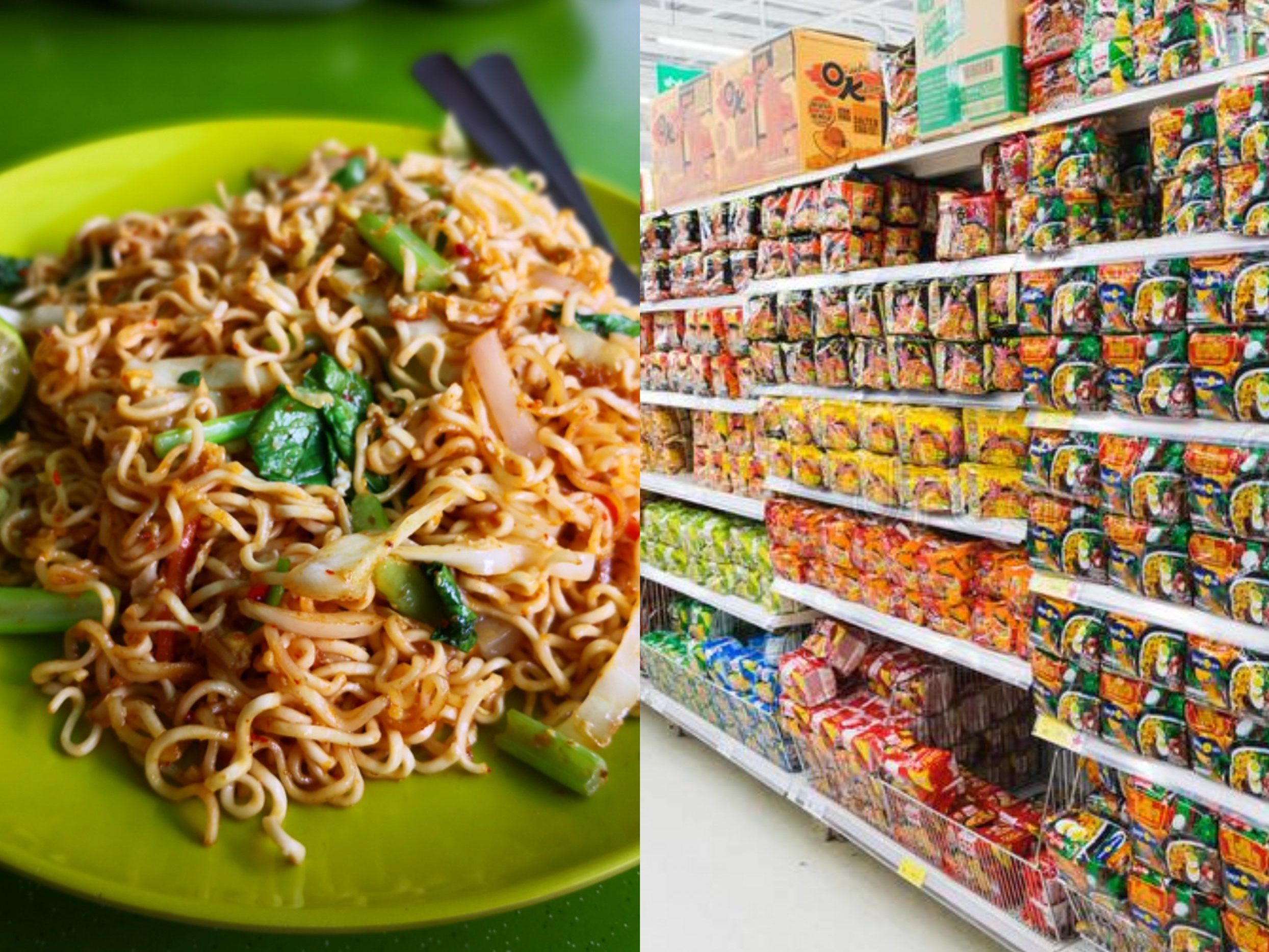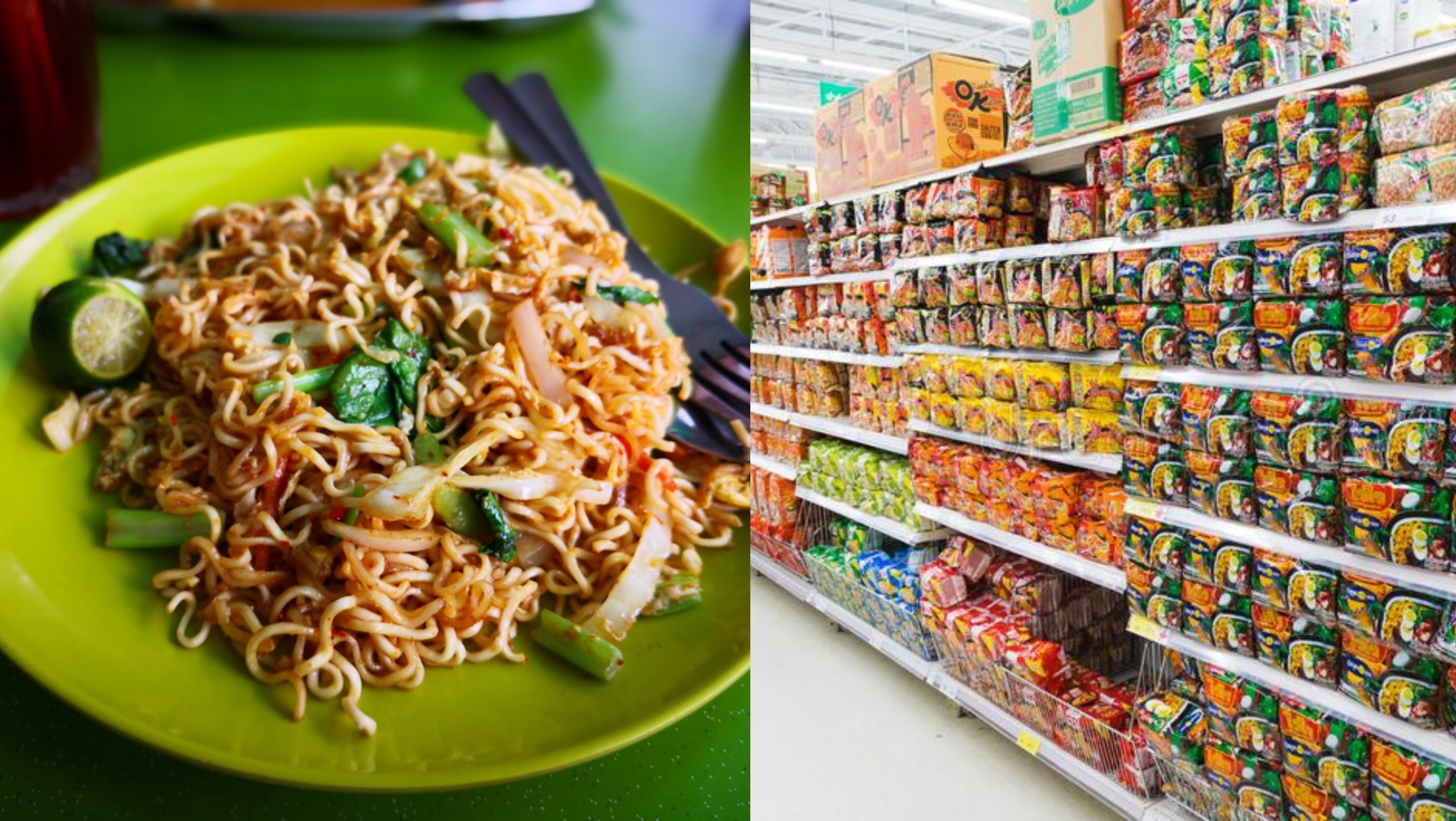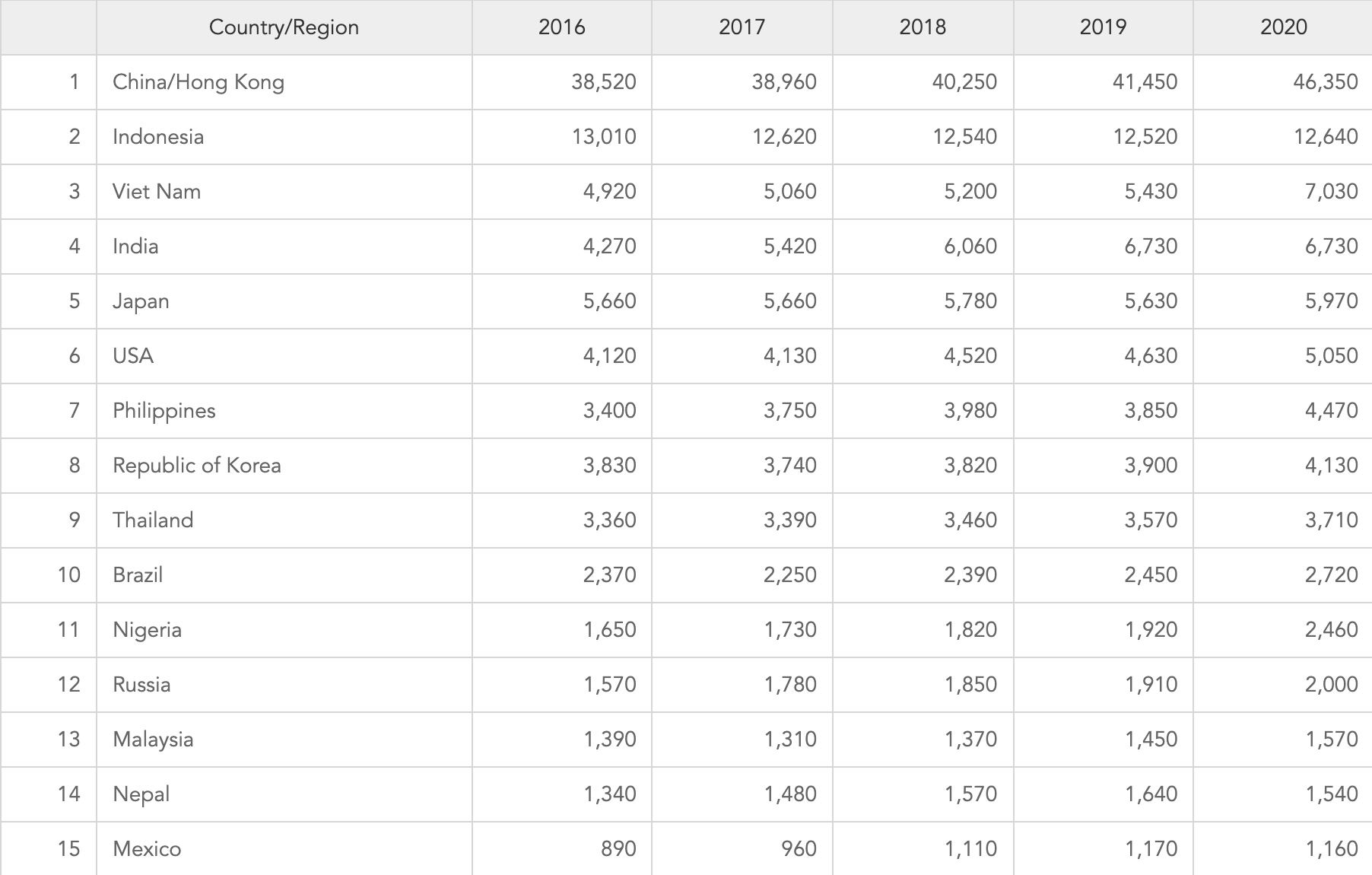Malaysia Ranks 13th in ‘Global Instant Noodles Consumption’ & It’s Kinda Sad… Here’s Why
 Thirsty for JUICE content? Quench your cravings on our Instagram, TikTok and WhatsApp
Thirsty for JUICE content? Quench your cravings on our Instagram, TikTok and WhatsApp

No matter where we are, what time it is, who we’re eating with or how it’s prepared, our love for instant noodles will never fade. Although it’s considered a guilty pleasure, some eat these noodles as a cheap way to fill their tummy.
As Malaysians, it’s safe to say that our relationship with instant noodles will live on forever and now, it turns out we are ranked at the 13th spot for global instant noodles consumption. And for a small country, that can be both be impressive and sad…
According to KL Foodie, the World Instant Noodles Association (WINA) said there’s been a huge surge in demand for instant noodles around the world when the Covid-19 pandemic started. Specifically, the consumption demand surged by 14.79% year-on-year in 2020.
While China ranked first in the list, the growth rate in consumption is not as high as that of Vietnam, which ranked third. Around 7 billion packs of instant noodles were eaten in the country last year.
The Asian market was the biggest consumer of it, accounting for 56.45% of the total global consumption last year. Among all regions, the five main markets – Indonesia, Vietnam, the Philippines, Thailand and Malaysia accounted for 25.24% of the total demand.

Just last month, Mydin managing director Datuk Ameer Ali Mydin said that sales of instant noodles had shot up signalling economic woes.
“People cannot afford to buy anything else. Noodles are the cheapest way to fill your stomach. You know that when you cook noodles, it fills your stomach, like roti canai. So you fill yourself up. Is that how we want people to fill their stomachs?” Ameer asked recently.
Industries Unite co-founder, David Gurupatham also urged the government to start listening to input from industry players when it comes to managing industries during the pandemic and brought up the recent white flag movement which is evidence that people are suffering economically.


 Get Audio+
Get Audio+ Hot FM
Hot FM Kool 101
Kool 101 Eight FM
Eight FM Fly FM
Fly FM Molek FM
Molek FM